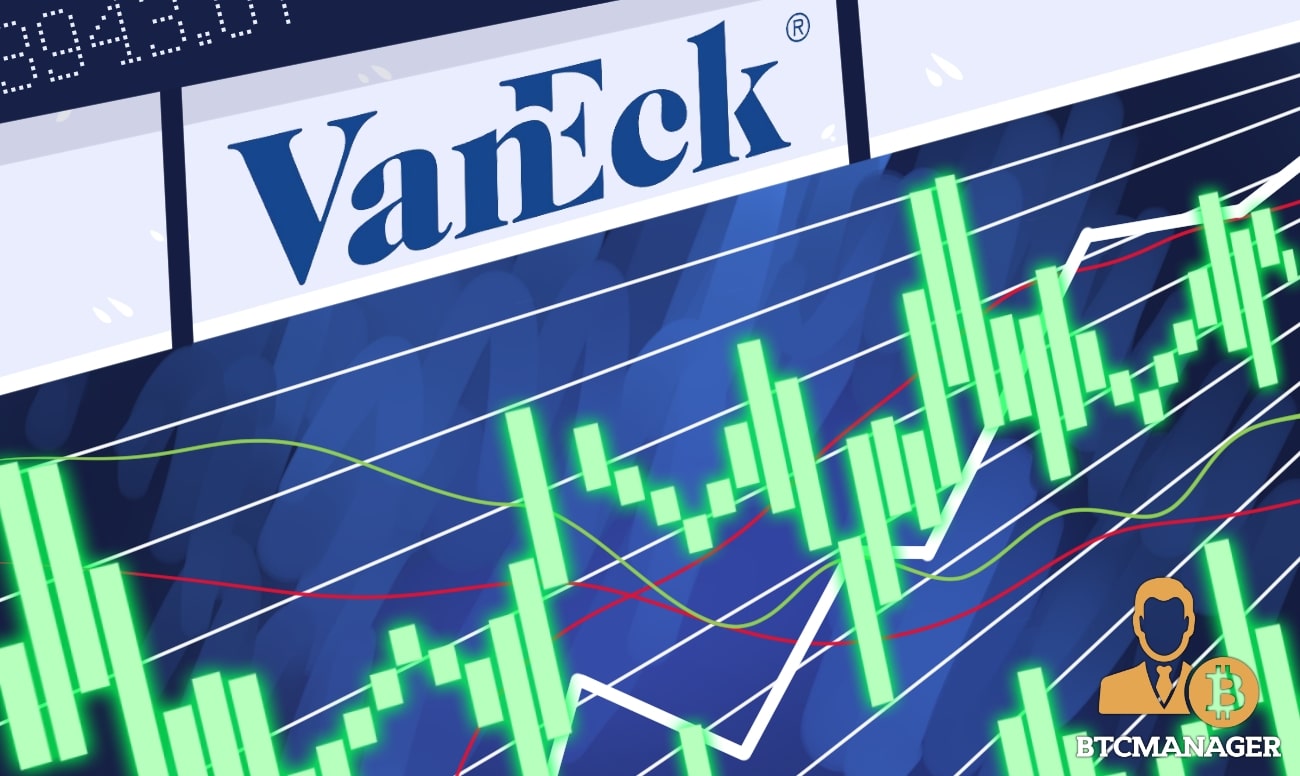VanEck Files for ETF That Tracks Performance of Digital Assets

Popular asset manager VanEck has filed for a digital asset ETF with the SEC. The digital asset is expected to pave way for institutional investors to be able to get exposure to shares within crypto companies.
Tracking the Performance of Digital Assets
This development was revealed in a filing on the SEC website and contained details on the Digital Asset ETF. According to VanEck, the ETF will track the performance of the MVIS Global Digital Assets Equity Index.
This index tracks the performance of the digital asset industry and will include different companies within the blockchain industry. This includes crypto exchanges, payment gateways, mining operations and other firms that hold major portfolio of cryptocurrencies in their balance sheet.
The filing also revealed that for companies to be eligible, they must generate more than 50% of their revenue from crypto projects or have the potential to do so. It also hinted on the probability of adding funds of crypto companies like Coinbase and BAkkt who are set to undergo IPO in the coming weeks.
VanEck’s Recent Bitcoin ETF Controversies
The filing of the ETF by VanEck comes on the back of controversy regarding the firm’s dealings. Last month VanEck refilled for a Bitcoin ETF with the SEC and was subsequently accused of plagiarism by former partner SolidX.
SolidX claimed that it had worked with VanEck to marker shares of the Trust to qualified institutional buyers pending SEC approval for the funds to be publicly traded in an exchange-traded fund. After termination of agreements, VanEck announced the deployment of products that came about from the initial partnership with SolidX.
This according to SolidX constituted plagiarism and was a breach of trust. However, VanEck denies the accusation and this latest filing shows that the firm is going forward with its plans.
VanEck has a long history of registering Bitcoin ETF and was the first company to file for a Bitcoin ETF registered under the Investment Company Act in 2017.













